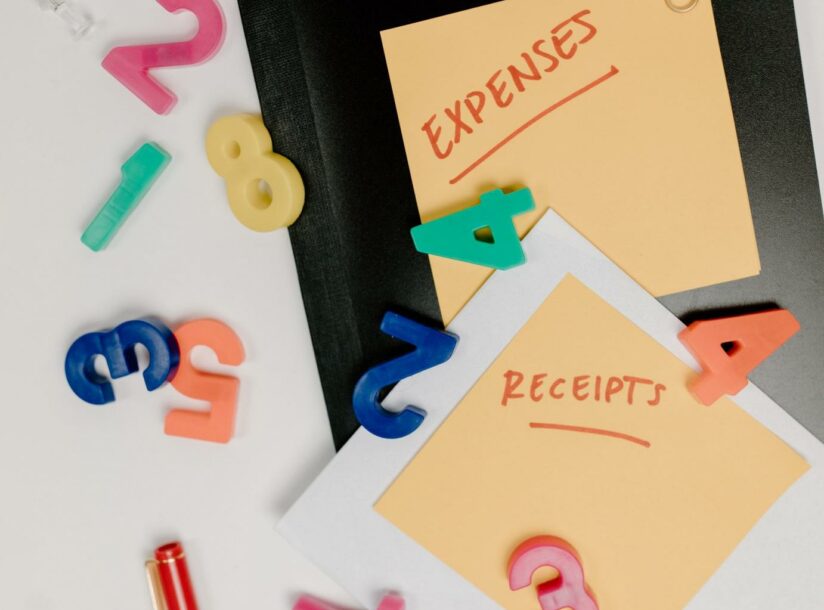Is a Consumer Proposal Worth It?

If you’re struggling to manage your money and feeling overwhelmed with debt stress, it might be time to consider a consumer proposal. Filing for a consumer proposal is an increasingly popular alternative to filing for bankruptcy in Canada. But even if you’ve heard the term and have an idea of what it’s all about, you’re probably still researching and wondering—is a consumer proposal worth it?
To answer this question, let’s discuss exactly what a consumer proposal is, the pros and cons of filing a proposal, and whether it’s the best option for you.
What is a Consumer Proposal?
To put it simply, a consumer proposal is a deal you make with the people you owe money to—and to put it more technically, a proposal is a legally binding debt settlement agreement between you and your creditors. The reason we added in the technical jargon is because it’s very important to understand that since a consumer proposal is legally binding, only Licensed Insolvency Trustees (LITs) are authorized to administer proposals (and bankruptcies, for that matter). No other agencies, such as credit counsellors or debt consulting firms, can file a consumer proposal.
Insolvency Trustees are Officers of the Court, licensed by the Federal Government to negotiate with your creditors on your behalf. They’ll work with your creditors to agree on an offer to reduce your total debt by 30 to 80 per cent.
The Pros & Cons of a Consumer Proposal
Some of the pros to filing a consumer proposal include:
- You Get to Keep Your Assets. Probably the biggest advantage of a consumer proposal is the fact that your assets are protected. You get to hang on to the equity in your home and car, your tax refunds, and any investments.
- Your Interest Payments Stop. Once your proposal is accepted by your creditors, you pay a fixed monthly payment with zero interest. In most cases, a consumer proposal is structured over 5 years, but you have the flexibility to pay off your proposal early or increase your payments at any time.
- You Get Protection from Your Creditors. You get immediate protection as soon as you file your consumer proposal. Your creditors can no longer garnish your wages or take any other legal action against you.
- You Avoid Surplus Income. In a personal bankruptcy, the more you earn the more you are required to pay. With a consumer proposal, you have a fixed payment that never increases. If you expect your income to increase, a consumer proposal is a great option.
- You Can Include All Unsecured Debts. All unsecured debts can be included in your consumer proposal. Some examples of debts that can be included in your proposal are:
- Credit card debt
- Line of credit
- Payday loans
- ICBC debt
- CRA debt and income tax
- Personal loans
- Student loans (if you’ve been out of school for 7+ years)
And here are the cons:
- It Takes Longer to Complete Than a Bankruptcy. A consumer proposal will generally take longer to complete than a bankruptcy. A lower monthly payment equals a longer payback period, however, if your financial situation improves at any point throughout your proposal, you can increase the payments and pay off your proposal early.
- Your Credit Rating Will Be Impacted. Paying off your debt with a consumer proposal will have a negative effect on your credit. However, you’ll avoid severe credit damage caused by bankruptcy, debt settlement, or leaving your debt unpaid. A consumer proposal will be removed from your credit report 3 years after you’ve paid off all the debts according to the proposal, or 6 years from the date it was filed, whichever comes first.
- You Must Adhere to Your Proposal Terms. If you miss three payments, your proposal could be cancelled – and there are no refunds on payments that were previously made.
Is a Consumer Proposal the Right Option for Me?
The basic requirements to be eligible to file for a consumer proposal are:
- You must live or operate a business in Canada and have debt of over $1,000
- Your debt cannot exceed $250, 000 (excluding your mortgage)
- You’ve got to be considered insolvent, which means you’re unable to pay back the debts you owe
You might also be a prime candidate for a consumer proposal if you have a steady income and money to pay your creditors each month. Another good reason to consider a consumer proposal is if you own assets that you don’t want to lose through a bankruptcy, and/or if your income would make bankruptcy payments expensive due to the surplus payments you’d be required to pay.
All that said, this is a definitely a question that is best answered by a Licensed Insolvency Trustee. All Trustees offer a free, no obligation consultation where they’ll listen to your unique situation, discuss all the debt-relief options with you and answer any questions you might have.
Filing a consumer proposal or personal bankruptcy is a significant life decision. Our team at Smythe Insolvency will provide you with the tools and advice you need to make the best decision possible. If you’d like to move forward with discussing your options to your debt stress, let’s start talking—Book your free consultation now.


